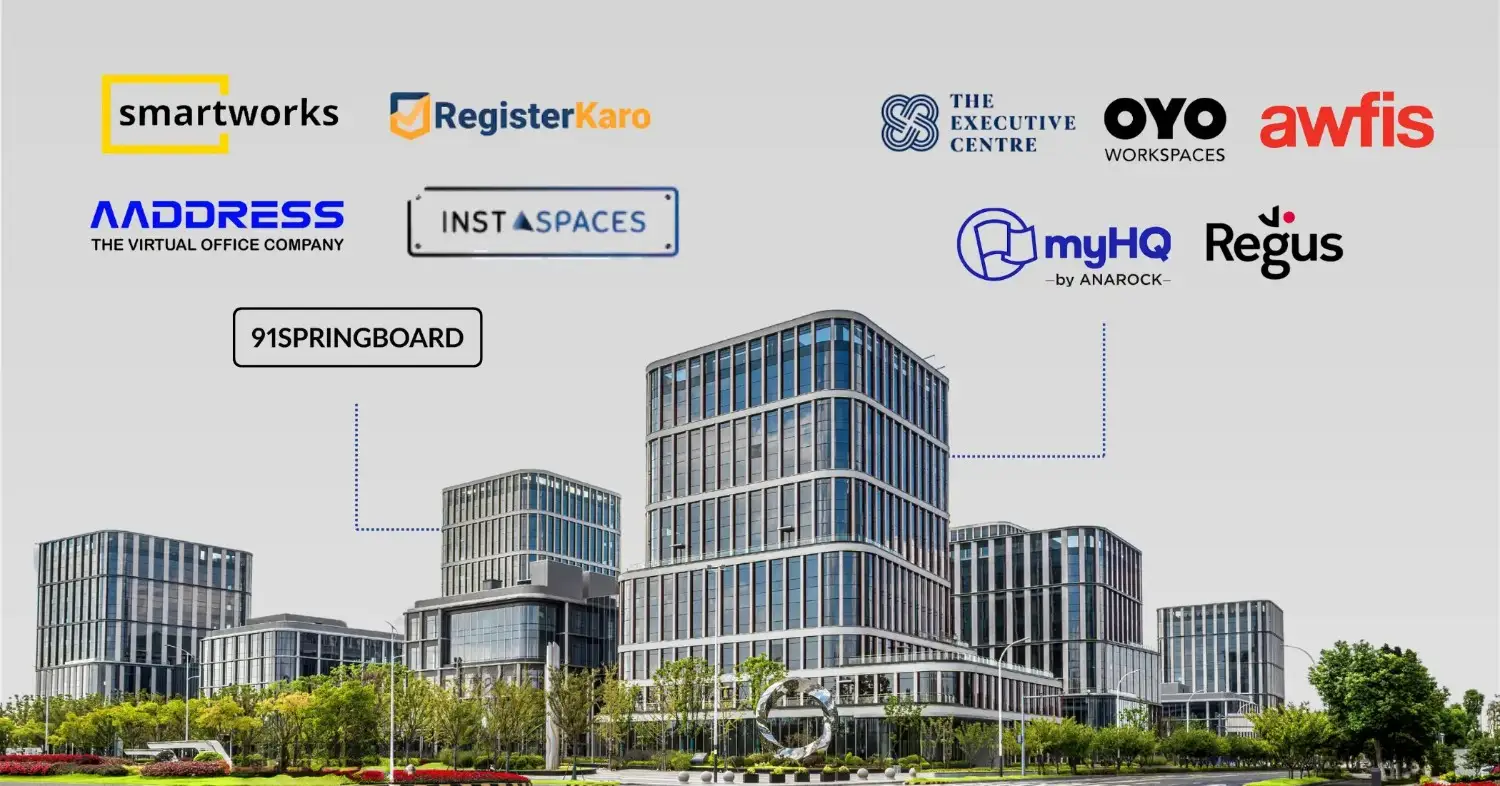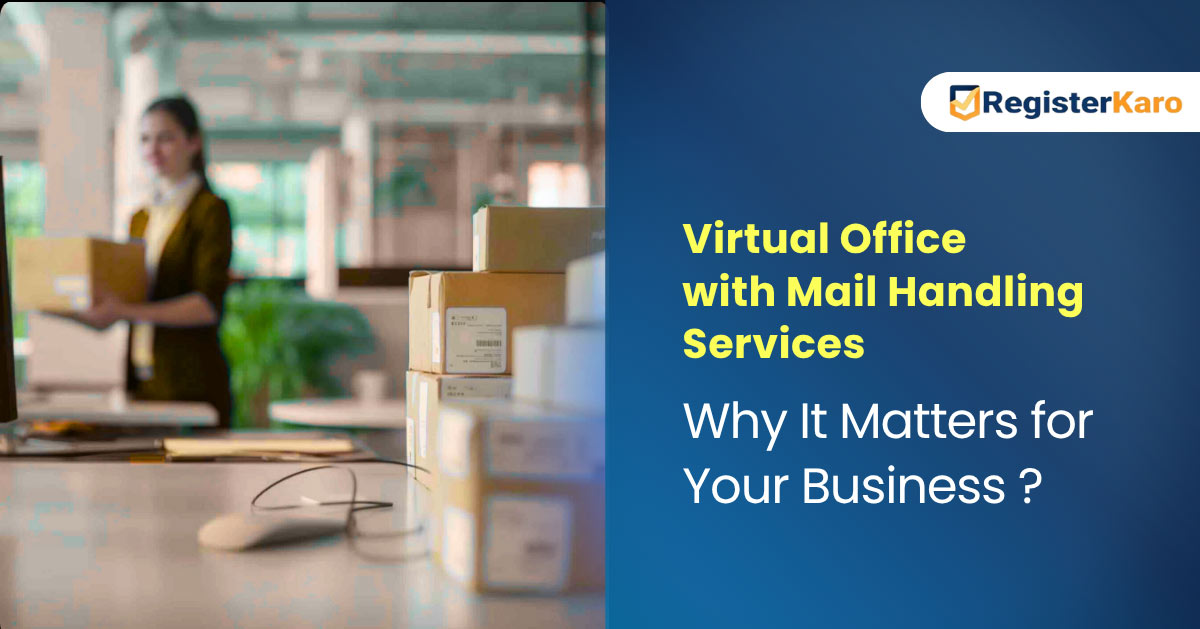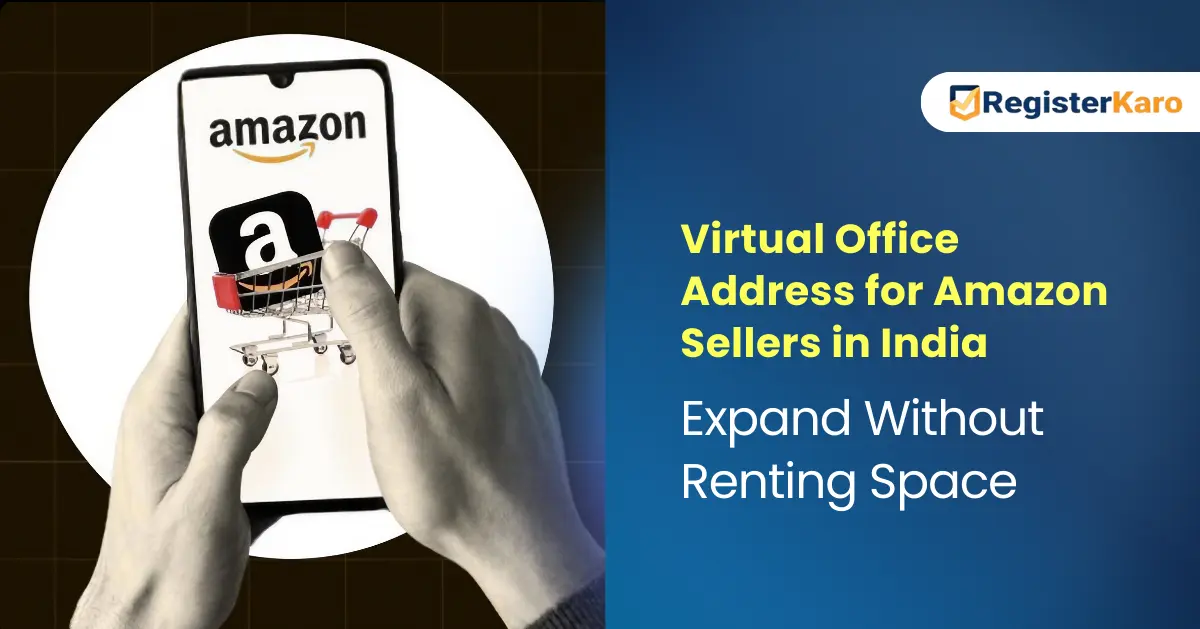A virtual office in India gives businesses a professional address without the need for a physical space. It offers services like:
- Mail handling
- Call answering
- Meeting rooms access
- Compliance documents
It helps companies save costs, operate flexibly, and maintain a credible market presence. Startups, freelancers, and expanding firms benefit the most, as they get big-office advantages without heavy expenses.
In the vibrant and growing business landscape of Jaipur, virtual offices are increasingly gaining prominence. This is because local entrepreneurs and startups increasingly seek professional identity without the burden of traditional office expenses.
These factors highlight why virtual offices are becoming the preferred choice for modern businesses in Jaipur:
- The Jaipur Development Authority has made lease deeds fully online, making compliance faster and easier. This makes virtual offices an ideal fit for Jaipur’s move toward paperless systems.
- The Rajasthan AI Policy 2025 drives digital infrastructure and AI hubs in Jaipur. This push makes virtual offices the flexible, tech-ready choice for future growth.
How a Virtual Office Works for Business?
A virtual office helps companies cut costs and stay compliant. It makes communication and client interaction smooth while removing the need for expensive rentals. Here’s how it works:
- Offers a prime business address for GST registration, ROC filings, and client trust.
- Handles mail and courier services, scans key documents, and forwards them quickly.
- Provides reception support to answer calls and manage client queries in your company’s name.
- Gives access to meeting rooms or coworking desks only when required, reducing fixed costs.
Note: GST departments sometimes conduct physical inspections. Only registered virtual offices with proper documents (NOC, rent agreement, utility bill) are accepted.
Virtual Office vs. Traditional Office: Which is Better?
Jaipur is rapidly growing as a business hub for startups, SMEs, exporters, and freelancers. Choosing the right office setup can impact costs, flexibility, and credibility. Here’s how virtual and traditional offices compare:
| Factor | Virtual Office | Traditional Office |
| Cost | Low monthly plans; pay only for needed services | High rent in prime locations |
| Location/ Address | Prime business address in Malviya Nagar, C-Scheme, Mansarovar | Requires leasing full office space in commercial hubs |
| Flexibility | Work from anywhere, use meeting rooms when needed | Fixed location, limited flexibility |
| Compliance Support | Provides GST-ready documents, NOC, rent agreement, and mail handling | You handle GST, ROC filings, and mail yourself |
| Professional Image | Gives a credible business presence without a full-time office | A full office gives a tangible presence, but costly |
| Scalability | Easy to scale up or down as the business grows | Expanding requires renegotiating the lease or moving |
| Setup Time | Immediate setup, usually within 24–48 hours | Takes weeks to find, lease, and furnish an office |
| Operational Overheads | Minimal, only pay for services used | High utility bills, maintenance, and staffing costs |
| Ideal For | Startups, freelancers, e-commerce, and home-based businesses | Established companies needing full infrastructure |
Note: Virtual offices are legally valid for GST and ROC registration if they provide the required compliance documents. Always ensure your provider is authorised and GST-accepted.











